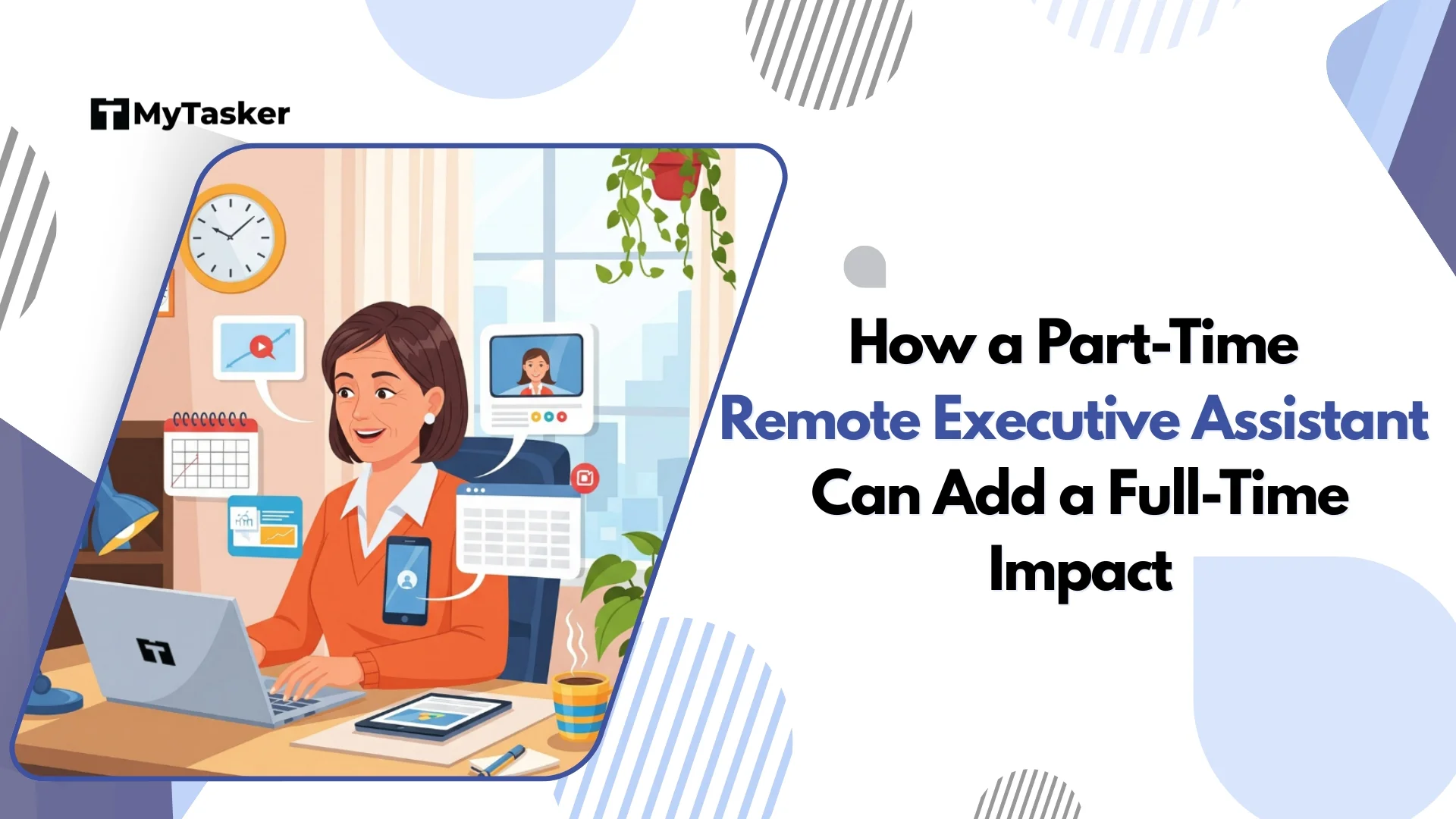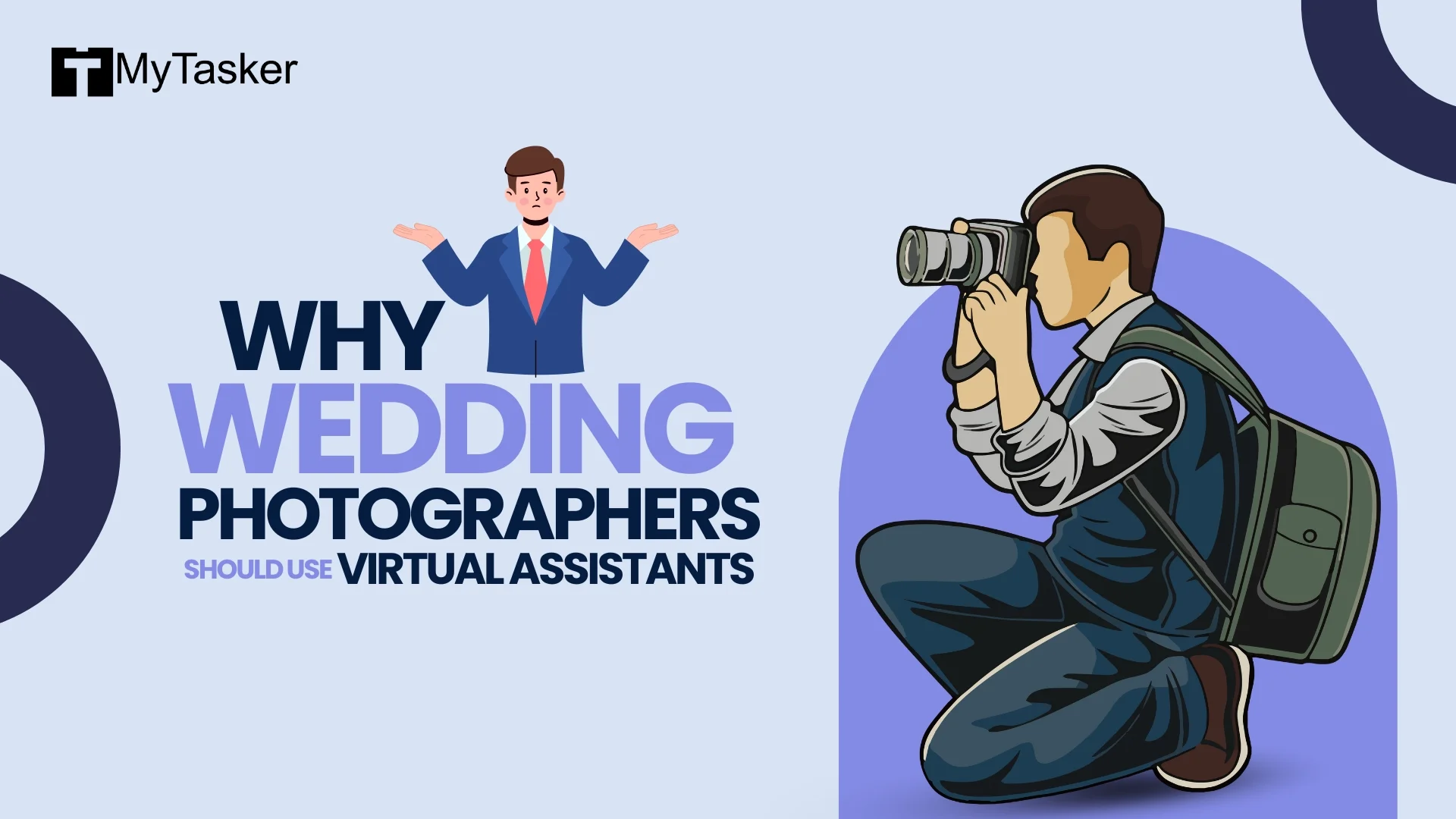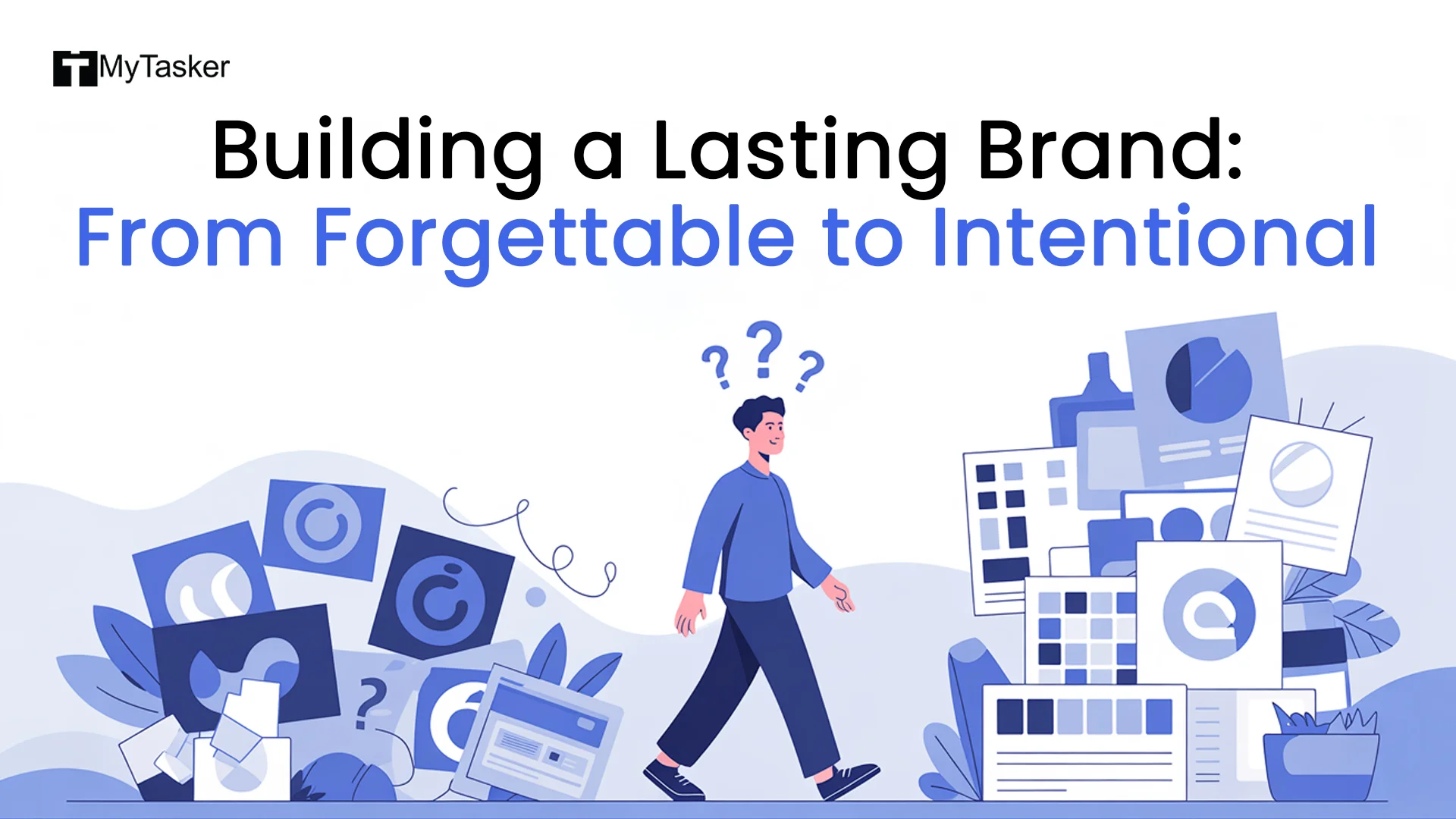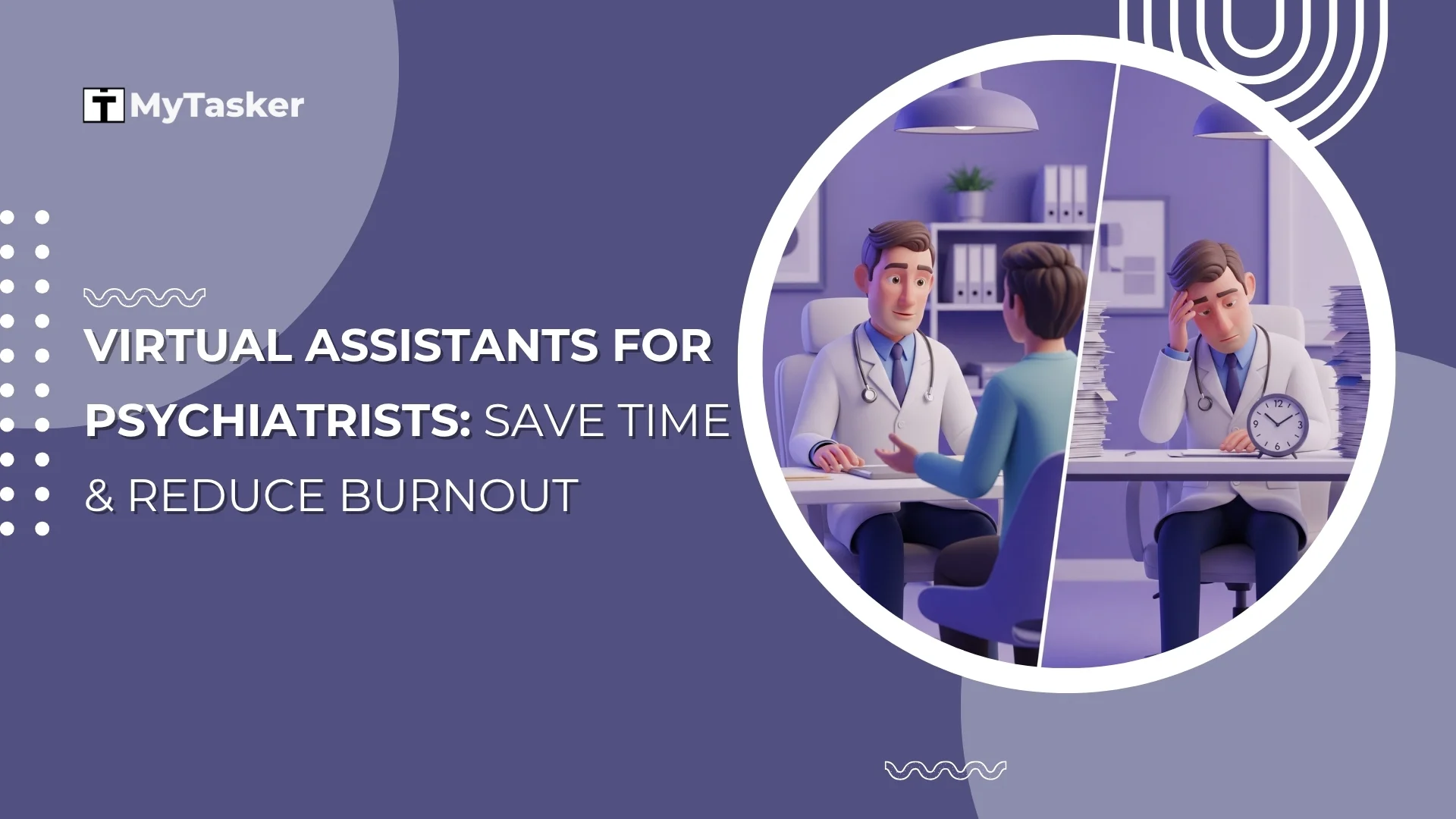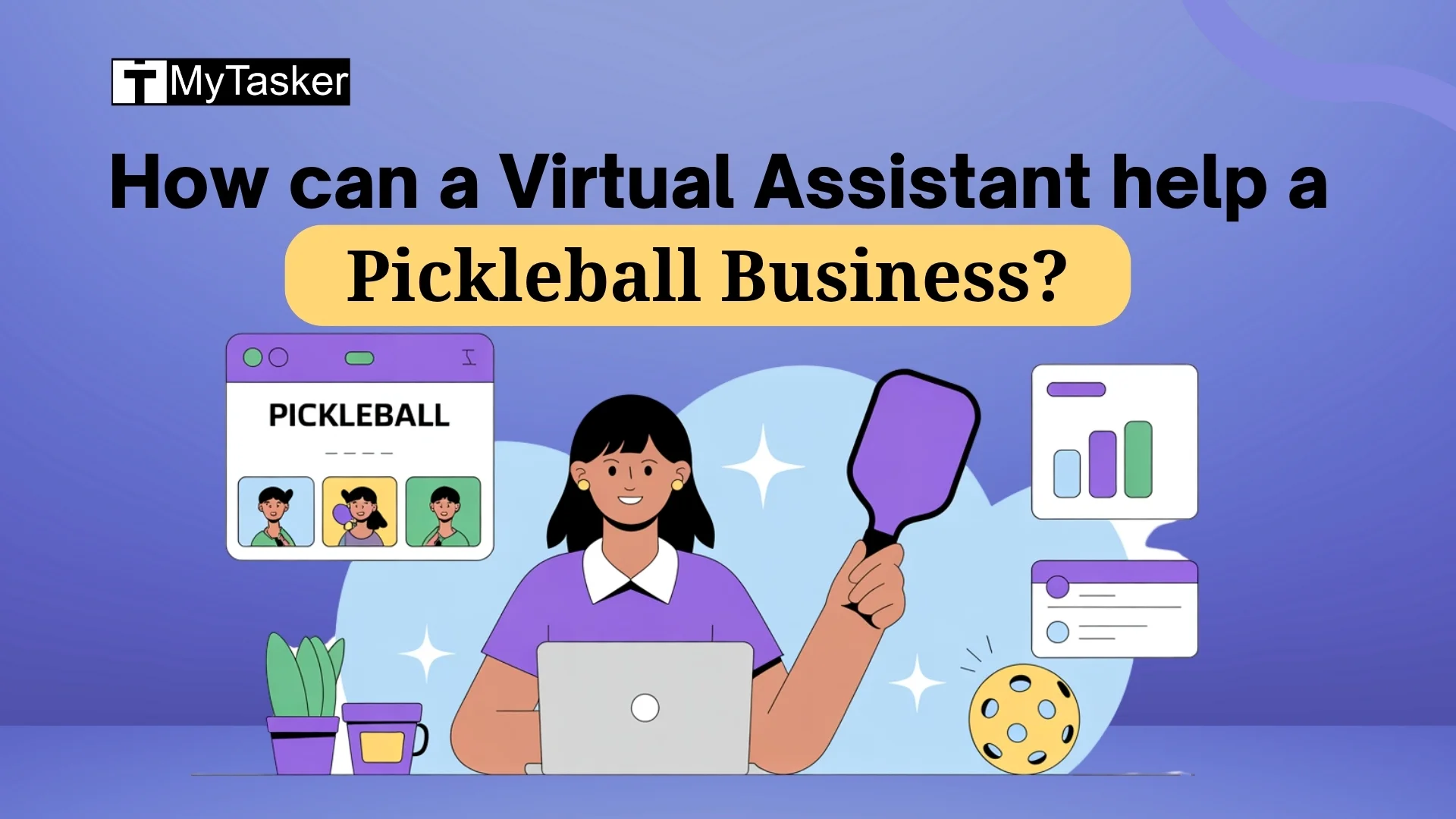These days online crimes are the bane of our existence, and elderly people are the first to experience the attack. This crime includes scamming, spamming, identity theft, and others. Online crimes can lead to serious financial losses and emotional distress.
Scammers target seniors because they are often seen as easy prey. Senior citizens are considered less likely to report the crime or may not even be aware that they have been victimized. Old age slows down their mental capacity to register facts and assess situations correctly. Many senior citizens are not tech-savvy or do not possess a vast variety of computer skills, making it easy for scammers to dupe them. Elderly people have a lot of life savings, which makes them a soft target for online scammers. Elderly people are also more likely to click on phishing links.
In this blog, we'll explain some of the scams through which online scammers operate and how you can protect yourself from becoming the next victim.
Government Organisation Imposter Scams
In government impression scams, scammers call unsuspecting older adults. They pretend to be from the Internal Revenue Service (IRS), Social Security Administration, or Medicare. Government imposters may demand specific forms of payment, such as prepaid debit cards, cash, or wire transfers. They even ask for personal information such as your social security number, bank account details, and credit card numbers.
Prevention: Never share sensitive information with suspicious sources, even if they claim to be from an authentic government-sanctioned organization. Always verify, double-check, and maintain caution at every step.
Grandparent Scam
This scam involves pretending to be a grandchild needing medical, legal, or financial assistance. Then they pass on the phone to someone posing as a lawyer, doctor, or police officer to make it look or sound more believable. The fake doctor, lawyer, or police then ask for the money to be sent through untraceable options. They explicitly ask to keep the whole transaction confidential.
Con artists exploit the emotional weakness of elderly grandparents, and they aggressively manipulate these feelings to make the old folks comply with the scammers' demands.
They may use spoofing to make it look like they're calling from the grandchild's phone number, or they may use voice changers to sound like the grandchild. They may even have some information about the grandchild that they've gleaned from social media.
Prevention: If you get a call from someone claiming to be a grandchild in need of money, don't give them any money. Hang up and call the grandchild's parents or other relatives to confirm that they're safe and not in any trouble. If you don't have the grandchild's contact information, you can try doing a reverse phone lookup to see who the call came from. And if you do give money to a scammer, report it to the police immediately and the FTC so they can help others avoid being scammed.
Lottery Scam
There are many different lottery scams, but they all have one thing in common: someone is trying to trick you out of your money. Lottery scams are becoming more and more common, so it's essential to be aware of them and know how to protect yourself.
The most common lottery scam is the fake lottery. You may receive an email or letter telling you that you've won a large sum of money in a lottery that you didn't even know you entered. The scammer will then ask you to pay a fee to claim your prize. Don't fall for it! There is no such thing as a free lunch, and if you have to pay to claim a prize, it's a scam.
Another common lottery scam is the fake check scam. In this scam, the scammer will send you a check for a large amount of money and tell you to deposit it into your bank account. They will then ask you to wire them a portion of the money, usually for taxes or fees. The problem is that the check is fake and will bounce, leaving you responsible for the entire amount.
Prevention: If you receive any email or letter telling you you've won a jackpot, be very wary. It is most definitely a scam. Remember, if it sounds too good to be true, it’s probably not true at all. Don't let a scammer trick you out of your hard-earned money.
Healthcare fraud
Elderly people are the prime targets of these scams because of their advanced age and increased medical issues. They are often duped into signing up for fake healthcare plans and medical insurance through online vendors.
According to hopkinsmedicine.org, the following are instances of healthcare fraud that you should report:
- erroneously describing the kind of service provided or its quality
- presenting the service provider in a false light
- billing for services and goods that are not actually provided
- charging for services that aren't adequately documented
- charging for things and services that aren't necessary for medicinal purposes
- submitting a claim for reimbursement or compensation for services rendered for actions that are required for other operations performed on the same service date (unbundling)
- aiming for higher compensation or payment for services that should be paid less (up-coding)
Prevention: Stay up to date with healthcare laws and regulations to identify them and act accordingly. Go through all your bills and tally them meticulously to detect double deductions or undue billing. Use audits and evaluation methods to track if you are being duped.
Identity theft
The use of another person's personal identifying information, such as their name, identification number, or credit card number, without that person's consent to conduct fraud or other crimes is known as identity theft.
In 1964, the phrase "identity theft" was first used. Most identity theft cases occur because many forget to shred their bills, old credit/debit cards, tax returns, card statements, and documents containing their social security number. This could be their old identity cards as well. Frauds access them by dumpster diving to assume their identities and carry out felonies. Sham telemarketers also try to obtain vital information from familiar seniors to steal their identity.
Romantic Scams
Seniors and the elderly are not spared from romantic scams as well. Romance scams cost Americans more money than any other type of Internet fraud. In 2018, people reported losing $362 million to romance scams. That's more than twice the amount lost to the second-place finisher, business email compromise scams.
File a report immediately if you think you've been scammed.
IT support scam
Scammers call up unsuspecting victims and ask for remote access to their computers or phone in disguise of fixing a bug or loading antivirus software. IT support scams also take place through popups, which are often directed to a fraudulent website or third-party app. Thus, to experience seamless problem-solving for your IT issues, collaborate with a trusted and proficient remote IT support company.
Top ways to prevent crimes against seniors:
- Educating them about online fraudulent schemes against seniors and teaching them to protect themselves
- Have the contact details of local authorities and police where your seniors reside; share those details with your seniors so that in case of any emergency or scam, they can immediately notify the local authorities
- Near and dear ones should be more attentive to the senior citizens in their families
- Tell the seniors in your family repeatedly not to share bank details with strangers or over the phone
- Use a strong antivirus and firewall
- Help them develop safe online browsing habits
- Warn them never to share remote access to their computers and mobile devices
- Ask them never to use unsafe or unverified apps
- Educate them for never clicking on suspicious links or attachments.
- Always keep two-step verification turned on
- Warn them about lottery scams that seem too lucrative
Final thoughts...
Even though senior citizens and the elderly are on the radar of scammers, with a few easy steps mixed with the right amount of vigilance, you can easily protect them or yourselves from the devious ploys of these crooks and impostors.
Whenever an unknown caller asks for payment on behalf of any organization or department, ask them to talk to your financial advisor and direct them to your Virtual Assistant or put your VA on a conference while talking to them.
You can also forward the callers’ contact information to your virtual assistant. Tell them that you will get back to them soon. If you face any resistance or reluctance from their end, it’s a big red flag for you. Don’t go forward!
If you are a senior citizen or someone who wants to protect elderly family members from these scams, virtual assistant services company can be a great help. Do not waste time and contact MyTasker now or drop an email at info@mytasker.com




